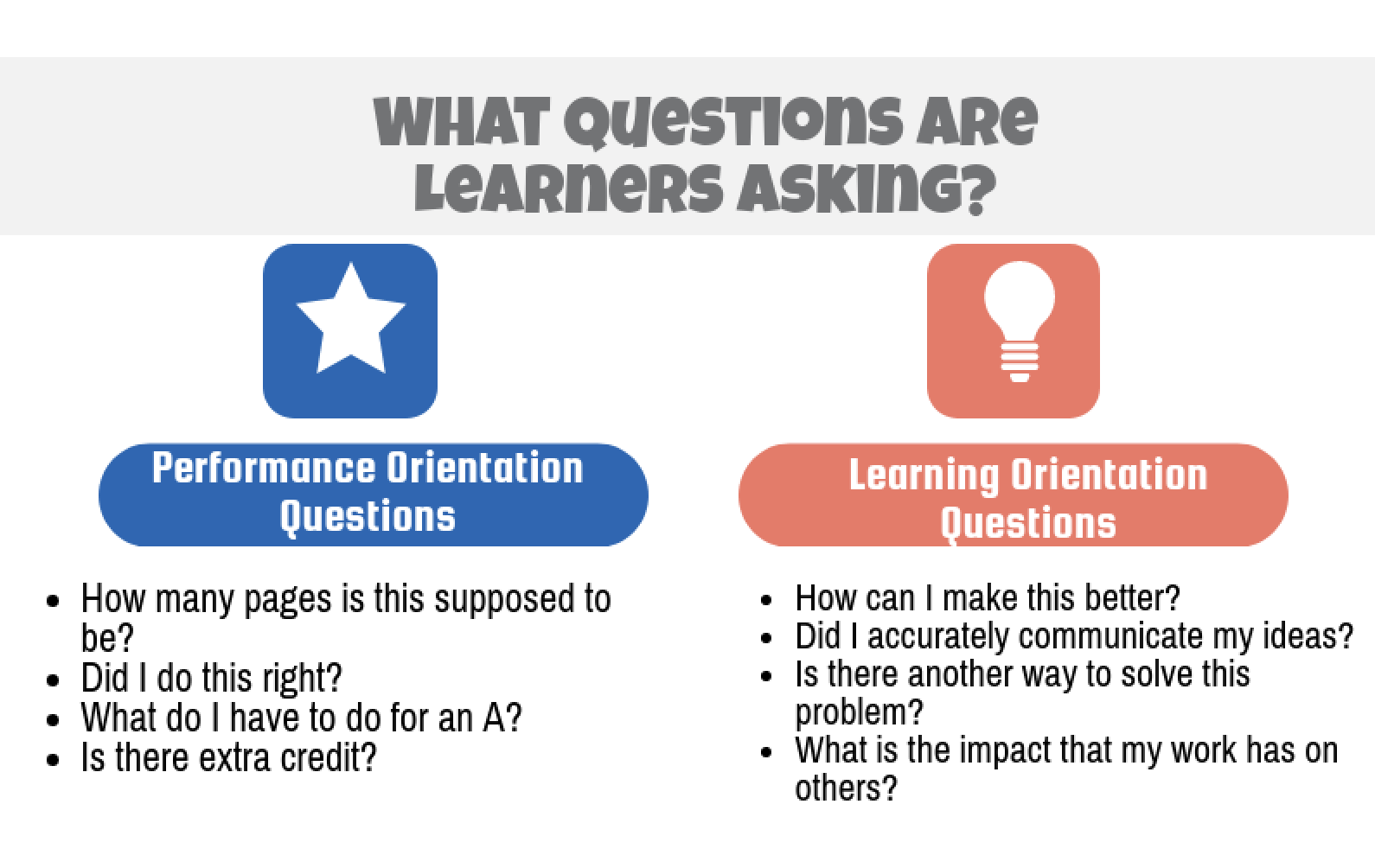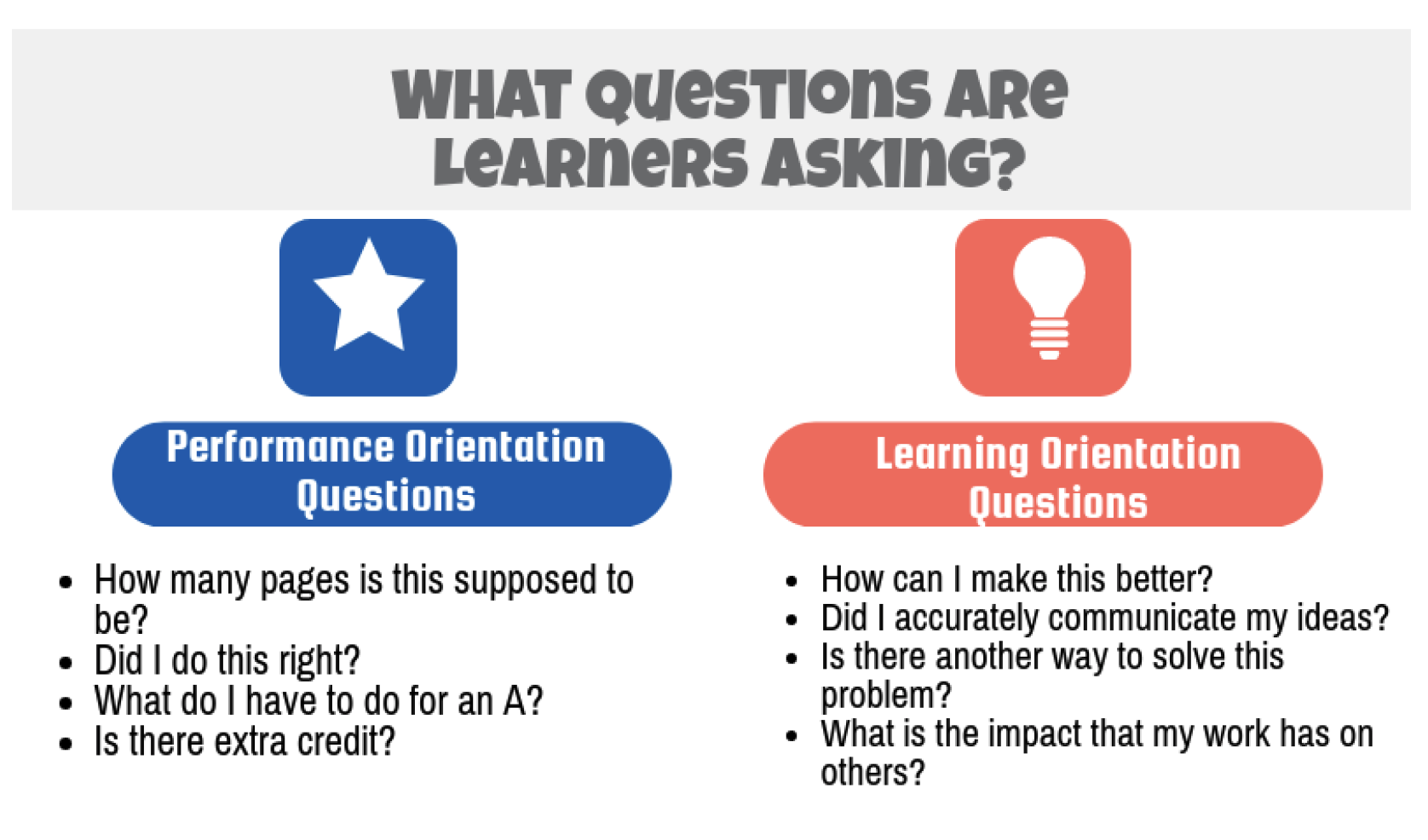Professional development gets its fair share of criticism- sometimes it’s because the activities and the strategies don’t connect with the teacher’s classroom or context. Sometimes it’s because it’s adding more rather than helping teachers do what they need to do in their classroom better. But to be fair, there are also times that teachers love the learning and love the professional development, yet it still doesn’t translate to practice. Just think about that conference you went to that you loved, the awesome book you read but haven’t put the ideas into practice, or the session that you really enjoyed but…
There is no shortage of rubrics and frameworks with lots of great ideas and resources, but they often sit unused. They are often created with great ideas and powerful practices, but the content does not change behavior. Learners have to experience something, try and learn through cycles that include action, reflection, and revision that go beyond thinking, analyzing, and reading. What good do all those great ideas do if they sit on a shelf or on a to do list that never changes how students learn? The best ideas and the finely tuned lesson plans are only as good as the impact they have.
Enjoying the learning experiences isn’t enough to shift practice for most of us. When I plan and facilitate professional learning, my goal is not that you like me or that you simply enjoy the day. Of course, I want people to like me, be happy, and enjoy the learning experience. I also know that isn’t enough; it has to translate into action to make a positive impact on students.
When I hear people in sessions ask questions like: Did I do this activity right? Is this what you wanted me to do? It’s a clear indicator that I have missed the mark in designing the learning experience. These questions are not usually a sign of someone owning their learning and are generally a function of a performance orientation- getting the task done to get the grade or the accolade, rather than a learning orientation, to learn something and improve. It’s like when kids in the classroom ask how many pages is this supposed to be? Did I do this right? What do I have to do for an A? This rarely signifies intrinsic motivation. I understand that there are definitely times when we all need to do things a certain way and not everything we learn is intrinsically motivating, but if these types of learning experiences consume the majority of the time someone is learning, what are we really teaching?
Think about this relates to the classroom. I recently heard a teacher acknowledging that grammar lessons don’t work because students aren’t able to recognize the mistakes and fix them in their own writing. She noted that they might get 100% on a quiz and then fail miserably at writing a few sentences that are grammatically correct when they turn in a writing assignment. Just ask 8th grade teachers or high school teachers how many of their students have perfect grammar and spelling, despite the amount of time spent on it throughout school. Instead, when you ask students to publish real work and get their ideas out that matter, they have a reason to fix the grammar mistakes and are motivated to share their ideas in a thoughtful coherent way. Is the goal to get it right on the test or do we want people to understand the process of improving their ideas to make an impact?
When learners are empowered and embrace the work because it’s meaningful to them they ask questions like: How can I make this better? Did I accurately communicate my ideas? Is there another way to solve this problem? What is the impact that my work has on others? Not, did I do this right?
When people have an opportunity to solve problems that are meaningful and make their life or work more meaningful and impactful, it’s not about compliance, it’s about doing work that matters.




Hi Katie,
Thanks for this. We don’t often stop to think about what the type of questions students are asking, says about the culture of learning in our classrooms.
We know that what gets celebrated and measured gets done. For generations, we have vslued and celebrated final grades and students who are driven to get high marks. Our honour rolls, scholarships, standardized tests, and post secondary admissions requirements all perpetuate this.
What we are missing is the value added. High achieving students often come to us that way. With a foundation set by parents, context and experiences. I’m more interested in how far we take students in the time we have them (in a day, year or career) rather than final grades. Contrary to what our collective actions demonstrate, we are about learning, not achievement (there is a difference).
Reblogged this on bnvalencia.